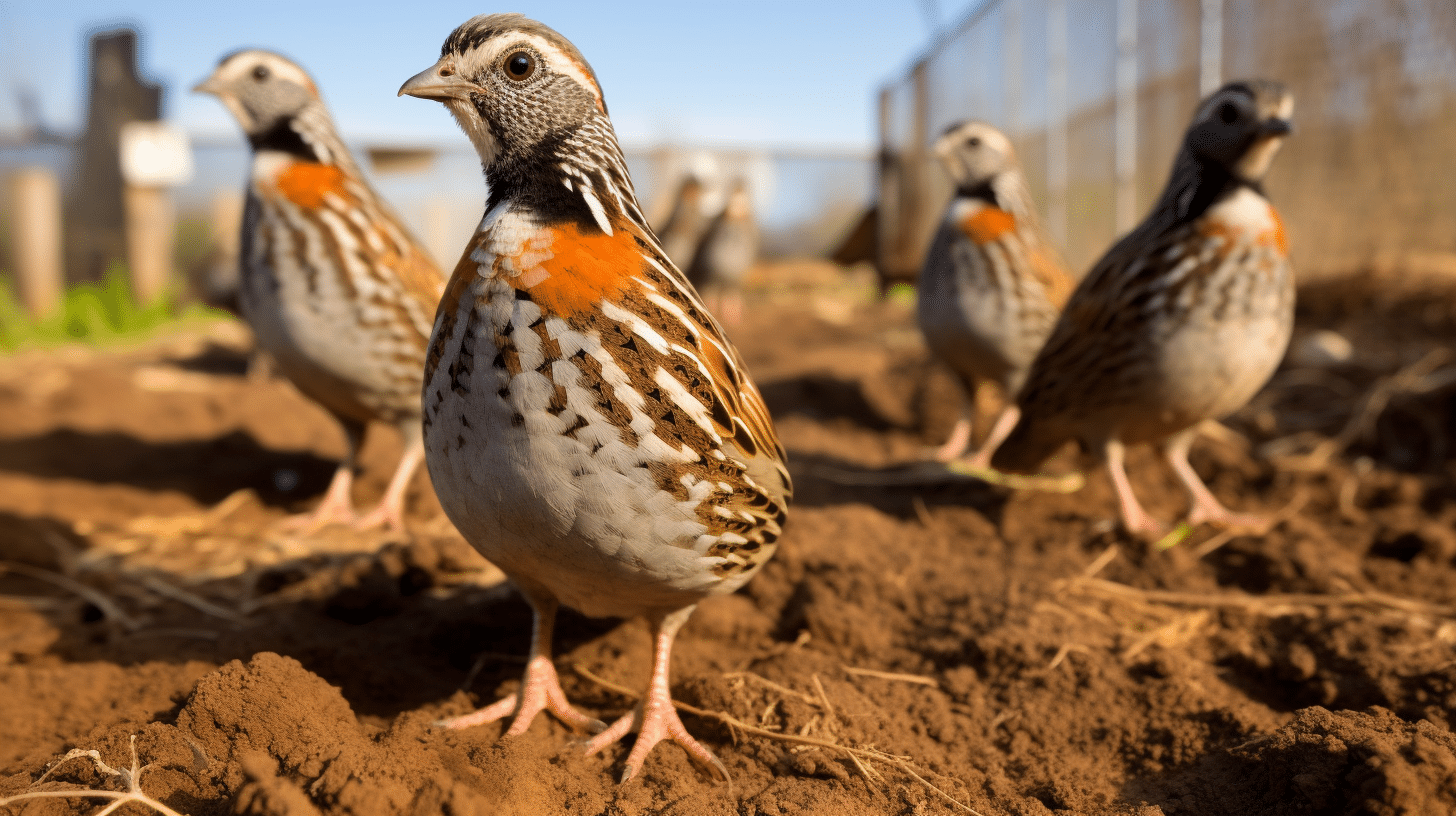Almost everyone in Kenya has heard about the new craze farming that is quail rearing in Kenya. Some have even abandoned white collar jobs in Kenya to enter into the said million shillings business of quail farming in Kenya. So what exactly is Quail farming in Kenya all about?
Quails in Kenya are small birds that weigh 200g at most when mature. Quails in Kenya are kept for their meat as well as eggs products. Quails have long been a delicacy in Asia and the developed world, with some scientists advocating for their declaration as super foods because of the numerous Quail health benefits. Among the health benefits quail birds in Kenya are associated with, there is Quail products in Kenya relieve of allergies, Quails cure asthma in Kenya, Quails products improve the CD4 count of Hiv patients in Kenya amongst many other benefits.
The quail business in Kenya has quickly caught up due to the quick returns and high prices reducing the payback period of your investment in Kenya. Quails in Kenya eat about a fifth of what chickens in Kenya eat and quails start laying eggs at a shocking fast period of six to eight weeks and continue to lay for the first two years. Due to quails\’ wild nature, there are almost no known illnesses affecting quails in Kenya, and quails help to boost immunity in Kenya. Quail farming in Kenya can be done in a small space due to their small size. A space of about five square feet can accommodate 50 quail birds in Kenya. This answers the crucial question of how much space you need to keep quails in Kenya.
To start a quail keeping business in Kenya, you first need to have a quail farming licence in Kenya which is obtained from the Kenya Wildlife Services at a small fee of Ksh 500. This is because quail birds in Kenya are wild birds. After that, you need to get a quail structure for your birds. A house for the quail birds in Kenya can be easily built with locally available materials. The quail birds shelter in Kenya needs to be a totally enclosed area since quail birds can actually fly away. The quail birds structure in Kenya can be built with wood, wire mesh or even iron sheets. Once you have the structure ready, it is time to purchase quail birds in Kenya.
One day old quail bird in Kenya is going for around Ksh 250 and a two week old Quail bird chick in Kenya costs Ksh 400. The difference in price of one day old quail bird and a two week quail bird chick in Kenya is due to the fact that a two week old quail bird chick is easier to take care of, and mortality rates are zero and very minimal as compared to the one day quail chick which needs a lot of care. The prices of quail chicks in Kenya are however slowly coming down, due to the large number of quail farmers in Kenya engaging in production of eggs and breeding of quails. Alternatively, you can purchase fertilized quail eggs in Kenya from a trusted quail farmer with a good hatching rate. The fertilized quail eggs in Kenya should then be taken to a quail breeder in Kenya for incubation of the fertilized eggs at a cost of Ksh 20 to Ksh 50 per quail egg. Fertilized quail eggs in Kenya currently cost Ksh 40 to Ksh 50, a price which has fluctuated from Ksh 80 to Ksh 100. The cheaper option of starting to keep quails in Kenya is the incubation of the fertilized eggs or buying incubated fertilized quail eggs in Kenya.
Quail chicks in Kenya feed on chick marsh for starters, then growers marsh when older and finally layers marsh when they start laying. The type of food to give quail birds in Kenya depends on how old the quails are. You can feed quail birds in Kenya once a day as they do not eat much unlike other domestic fowls in Kenya. Quail birds in Kenya need water regularly enough for the whole day. It is important to clean the quail structure in Kenya to ensure quails health in Kenya is good and for quail bird buyers in Kenya who visit to find your premises clean. Ensure to keep the quail housing area away from quail predators in Kenya such as cats and dogs.
You are now good to go and wait for your quails to start laying in Kenya. You can sell your quail eggs in Kenya to quail breeders in Kenya for Ksh 40 if fertilised and Ksh 20 for consumption. There are organisations in Kenya that have formed to help search for an export market for quail products from Kenya. Many Kenyans are also becoming knowledgeable of the benefits of quail products in Kenya, and are starting to consume them. I personally can vouch for the quail products in Kenya in treatment of allergies and digestion problems as I have experienced this personally. Alternatively, you can purchase an egg incubator in Kenya and breed quails in Kenya for those who want to start keeping them which is a more lucrative option.
People are claiming that the quail business in Kenya is a pyramid scheme but this is not so. The exorbitant prices being charged for quail products in Kenya are unreasonable and have been due to a high demand for quails in Kenya that has outstripped supply of quail products in Kenya, due to the high number of people who rushed to rear the quail birds in Kenya. The quail market in Kenya is now stabilizing and the quail products in Kenya are going to be more affordable for the common Kenyan. Some may claim that the quail market in Kenya is flooded, but it is not. A chicken egg in Kenya costs Ksh 10 and chicken farmers in Kenya still make profits. This is after the chicken in Kenya eating five times more than a quail in Kenya and as well as requiring chicken vaccines and medicines in Kenya for the rampant chicken diseases in Kenya. Considering the amount of work and feed that a quail bird in Kenya needs for rearing, at Ksh 5 quail eggs cost in Kenya, a quail farmer in Kenya will still make profits. The key to succeeding in quail farming in Kenya is to take advantage of the lower prices of quail materials in Kenya and apply economies of scale by rearing a a large number of quails in Kenya.
Quail eggs and quail meat in Kenya are also very delicious and have medicinal benefits so the farmer will have an addition to his or her diet. So go ahead and keep your quails in Kenya, and ignore the naysayers.



0 comments